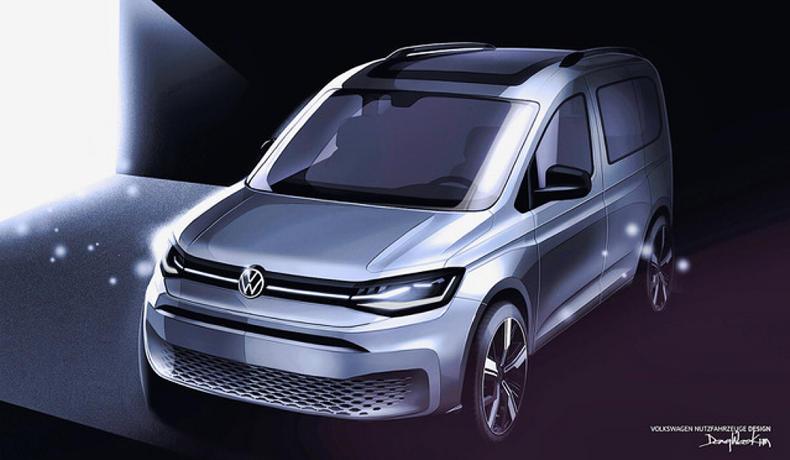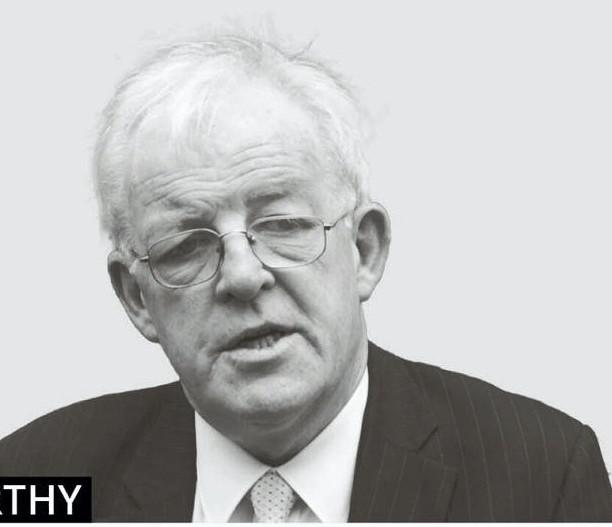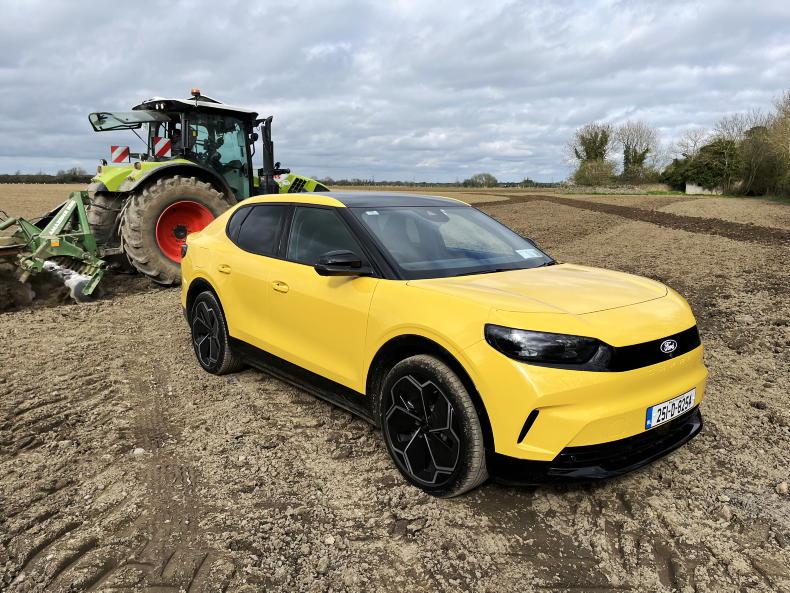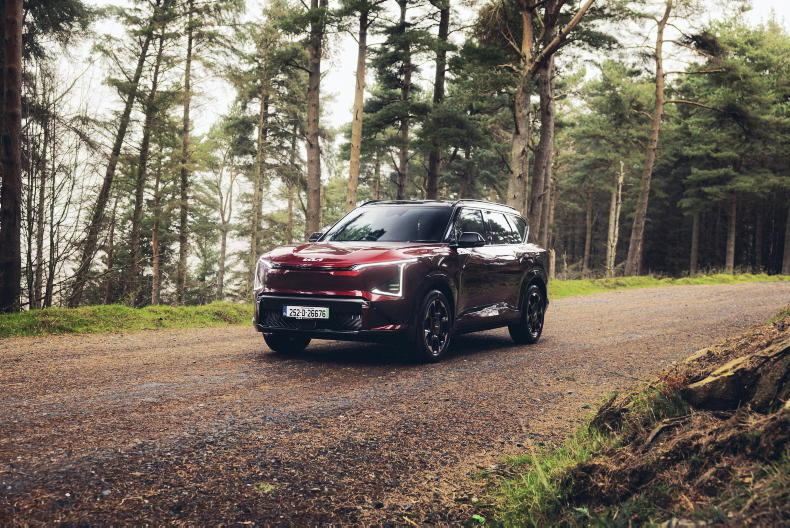SEAT has launched a new version of the Leon, with claims that the company, which is a division of the German Volkswagen Group, has invested €1.1bn in the new model. The Leon is the most popular model from the Spanish brand and is the fourth generation in the range.
The SEAT Leon remains a core model for the brand in the Irish market. Since the first Leon was sold in Ireland in 2000, over 13,300 have been sold.The new model will be available in Ireland from May 2020.
The new Leon is developed on the latest Volkswagen Group MQB Evo platform. In its five-door version, it is 86mm longer than the outgoing model.
The car’s wheelbase is slightly longer, which gives it a larger look, while the boot space remains unchanged. The new Leon will be available with mild-hybrid and plug-in engine systems, as well as petrol and diesel models.
There is a new smooth-surfaced dashboard coupled with a 10in infotainment screen with gesture recognition, which reduces the number of buttons required.
Sporty styling for Caddy

Volkswagen has a new Caddy van on the way, with a sleeker design and more safety features.
Volkswagen has announced that its new generation Caddy van will have a more sporty and stylish appearance. The new van will be fitted with even more driver assistance systems and a new level of digitalisation for the van market.
The draft design for the fifth-generation Caddy shows a new roof line that slope sdown slightly towards the back and an extended short-wheelbase version to give a bigger van and bigger wheels. This new Caddy will be fitted with LED lights across an extended front grille. The rear lighting will be slimmer.
The cargo area will remain untouched in terms of capacity and flexibility. The MPV versions will be available with a panoramic room to give a brighter and more airy feeling. The new Caddy will have more driver assistance systems than ever before and Volksawgon say it will be “always connected”, which means it becomes its own internet device with real-time information on wheels.
Peugeot opens the books for 2007 SUV
Peugeot in Ireland has opened order books for the new Peugeot 2008 SUV, with pricing announced for diesel and petrol models. Diesel engine versions are now at dealership forecourts, with petrol versions due in March.
The entry prices are from €23,900 plus delivery charges for the Active 1.2 PureTech petrol 100bhp model and from €25,900 plus delivery for the Active 1.5 BlueHDi 100bhp model. The full electric e-2008 SUV pricing will be announced closer to launch in April. The new Peugeot e-2008 SUV, the brand’s first fully electric SUV, is powered by a 50kWh battery and 136hp motor to provide a range up to 310km from a full charge, under WLTP testing.
Standard specification across the range from Active trim, includes 16in alloy wheels, air conditioning, six airbags, ESP with Hill Start Assist, rear parking sensors with rear view camera, eco LED headlights, front fog lamps, rear full LED 3D claw-effect lights, programmable cruise control and speed limiter, speed limit recognition and recommendation, extended traffic sign recognition, automatic headlights and wipers, two Isofix child seat fittings and child locking on rear doors.
Customers will also benefit from the i-Cockpit, with its compact multi-function steering wheel, heads-up instrument panel and touchscreen. Bluetooth, mirror screen with Apple CarPlay and Android Auto are also standard across all versions.
Škoda picks Irish name in new electric SUV
The Škoda Enyaq is the name for Škoda’s first electric SUV due here by 2022 along with 10 electric models in the range. Škoda claims that the name is derived from the Irish name ‘Enya’, meaning ‘source of life’. Enya itself comes from the Irish Gaelic word ‘Eithne’, meaning ‘essence’, ‘spirit’ or ‘principle’.
The Škoda Enyaq is the Czech brand’s first series-production vehicle based on the Volkswagen Group’s Modular Electrification Toolkit (MEB). By 2025, Škoda expects all-electric vehicles and models with plug-in hybrid drives to account for 25% of sales. By 2021, the car manufacturer will have invested two billion euro in the development of electric models and a holistic, interconnected ecosystem for modern and environmentally friendly mobility solutions.
70% of motorists plan to buy an electric or hybrid car in the near future
SEAT has launched a new version of the Leon, with claims that the company, which is a division of the German Volkswagen Group, has invested €1.1bn in the new model. The Leon is the most popular model from the Spanish brand and is the fourth generation in the range.
The SEAT Leon remains a core model for the brand in the Irish market. Since the first Leon was sold in Ireland in 2000, over 13,300 have been sold.The new model will be available in Ireland from May 2020.
The new Leon is developed on the latest Volkswagen Group MQB Evo platform. In its five-door version, it is 86mm longer than the outgoing model.
The car’s wheelbase is slightly longer, which gives it a larger look, while the boot space remains unchanged. The new Leon will be available with mild-hybrid and plug-in engine systems, as well as petrol and diesel models.
There is a new smooth-surfaced dashboard coupled with a 10in infotainment screen with gesture recognition, which reduces the number of buttons required.
Sporty styling for Caddy

Volkswagen has a new Caddy van on the way, with a sleeker design and more safety features.
Volkswagen has announced that its new generation Caddy van will have a more sporty and stylish appearance. The new van will be fitted with even more driver assistance systems and a new level of digitalisation for the van market.
The draft design for the fifth-generation Caddy shows a new roof line that slope sdown slightly towards the back and an extended short-wheelbase version to give a bigger van and bigger wheels. This new Caddy will be fitted with LED lights across an extended front grille. The rear lighting will be slimmer.
The cargo area will remain untouched in terms of capacity and flexibility. The MPV versions will be available with a panoramic room to give a brighter and more airy feeling. The new Caddy will have more driver assistance systems than ever before and Volksawgon say it will be “always connected”, which means it becomes its own internet device with real-time information on wheels.
Peugeot opens the books for 2007 SUV
Peugeot in Ireland has opened order books for the new Peugeot 2008 SUV, with pricing announced for diesel and petrol models. Diesel engine versions are now at dealership forecourts, with petrol versions due in March.
The entry prices are from €23,900 plus delivery charges for the Active 1.2 PureTech petrol 100bhp model and from €25,900 plus delivery for the Active 1.5 BlueHDi 100bhp model. The full electric e-2008 SUV pricing will be announced closer to launch in April. The new Peugeot e-2008 SUV, the brand’s first fully electric SUV, is powered by a 50kWh battery and 136hp motor to provide a range up to 310km from a full charge, under WLTP testing.
Standard specification across the range from Active trim, includes 16in alloy wheels, air conditioning, six airbags, ESP with Hill Start Assist, rear parking sensors with rear view camera, eco LED headlights, front fog lamps, rear full LED 3D claw-effect lights, programmable cruise control and speed limiter, speed limit recognition and recommendation, extended traffic sign recognition, automatic headlights and wipers, two Isofix child seat fittings and child locking on rear doors.
Customers will also benefit from the i-Cockpit, with its compact multi-function steering wheel, heads-up instrument panel and touchscreen. Bluetooth, mirror screen with Apple CarPlay and Android Auto are also standard across all versions.
Škoda picks Irish name in new electric SUV
The Škoda Enyaq is the name for Škoda’s first electric SUV due here by 2022 along with 10 electric models in the range. Škoda claims that the name is derived from the Irish name ‘Enya’, meaning ‘source of life’. Enya itself comes from the Irish Gaelic word ‘Eithne’, meaning ‘essence’, ‘spirit’ or ‘principle’.
The Škoda Enyaq is the Czech brand’s first series-production vehicle based on the Volkswagen Group’s Modular Electrification Toolkit (MEB). By 2025, Škoda expects all-electric vehicles and models with plug-in hybrid drives to account for 25% of sales. By 2021, the car manufacturer will have invested two billion euro in the development of electric models and a holistic, interconnected ecosystem for modern and environmentally friendly mobility solutions.
70% of motorists plan to buy an electric or hybrid car in the near future











SHARING OPTIONS